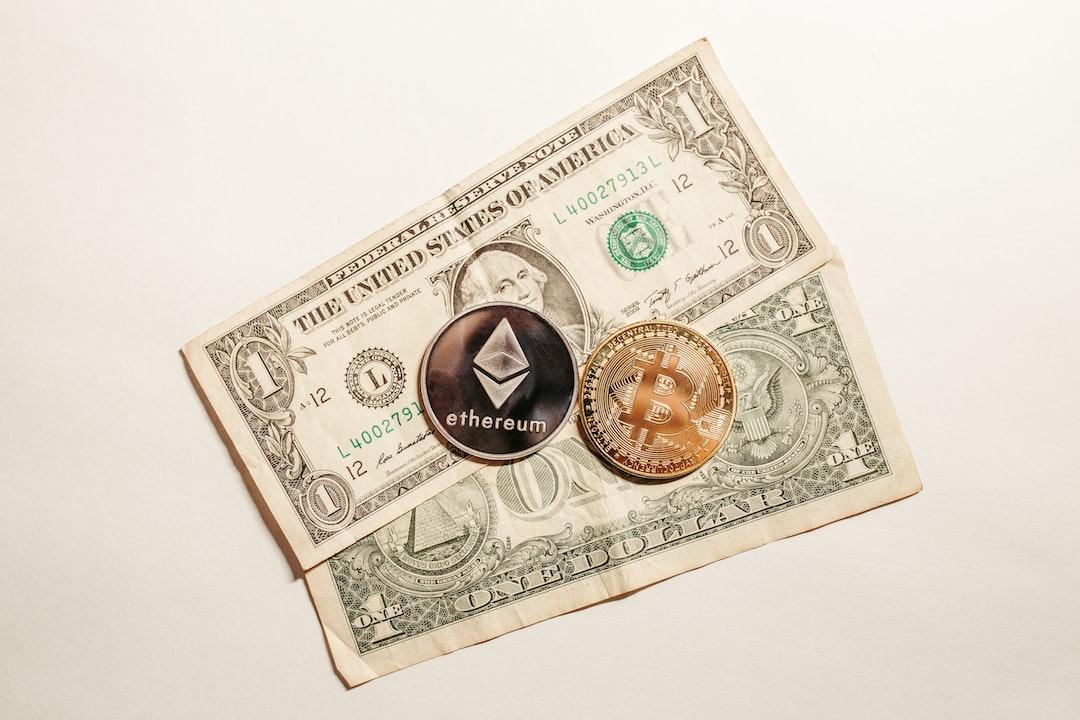Self-publishing has revolutionized the way authors share their work with the world, bypassing traditional publishing gatekeepers. In order to keep up with the modernization of the industry, Booksie, a self-publishing platform, has taken a bold step by embracing blockchain and artificial intelligence (AI).
In an exclusive interview with Cointelegraph, Sol Nasisi, the founder and CEO of Booksie, shared his visionary outlook on the future of self-publishing, which is built upon the powerful combination of these emerging technologies.
Blockchain technology has been gaining traction in the publishing industry, and its potential was highlighted by the Alliance of Independent Authors in 2018 with the launch of their campaign, Blockchain for Books. This movement resulted in the creation of a guidebook called “Authors and Blockchain,” emphasizing the benefits of blockchain’s shared public ledger. Nasisi explained that this technology allows authors to regain control over their work and access valuable data, offering them an alternative pathway to selling their books. Moreover, aside from financial advantages, blockchain provides transparency and empowers authors to protect their intellectual property.
While accessible AI has become increasingly prevalent across various industries, authors have expressed concerns about the unauthorized use of their work. Lawsuits, such as the one filed by author Sarah Silverman against Meta and OpenAI, have highlighted these issues. However, Nasisi emphasized that AI should be viewed as a tool to assist authors, rather than a replacement or exploitation of their work. Booksie’s AI integration is designed to provide feedback on both fiction and non-fiction works, aiding writers in their creative process.
When considering the combined potential of blockchain and AI, Nasisi believes that these technologies will fundamentally transform the publishing industry in the next decade. He envisions a future where writers collaborate with AI and blockchain to create immersive worlds across multiple mediums, engaging with fans in innovative ways. This future could involve authors utilizing AI assistance to write a book and then leveraging blockchain to create limited-edition versions, video series, games, and merchandise, while maintaining ownership and transparency throughout the entire process.
The impact of this convergence of technology extends beyond the publishing industry. Nasisi identifies other industries that are ripe for disruption and likens the relationship between blockchain and AI to yin and yang, with each technology complementing and enhancing the other.
Working towards this vision, Booksie and its partner, Chainletter Labs, are actively exploring the possibilities of this disruptive duo. Nasisi concluded by stating, “The publishing industry will never be the same.”
With blockchain and AI at the forefront, self-publishing is set to empower authors in unprecedented ways, opening up a future filled with exciting possibilities for both creators and readers alike.

